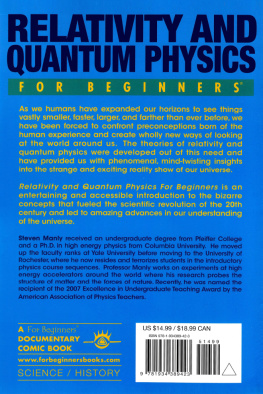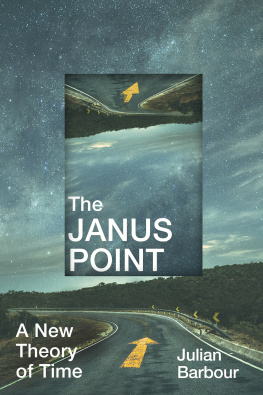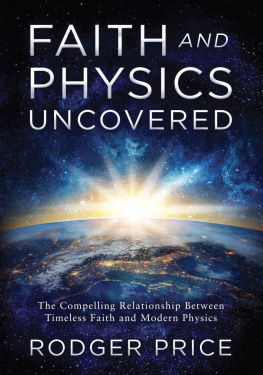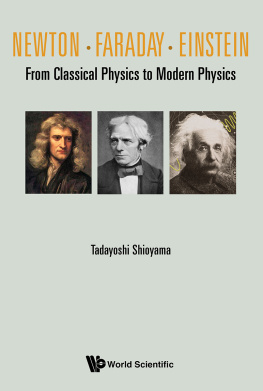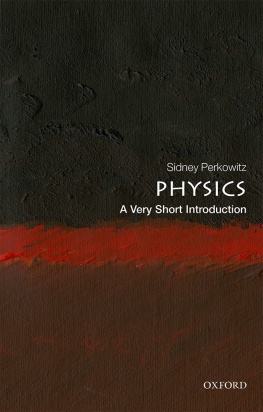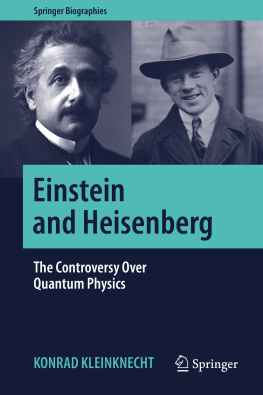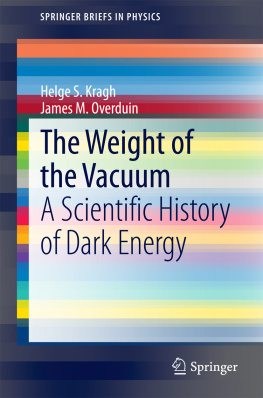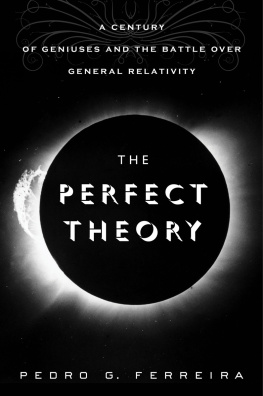The Trouble with Physics | |
Lie #1: There is no Aether | |
Lie #2: Michelson & Morley Disproved Aether | |
Lie #3: Wave-Particle Duality | |
Lie #4: Photons are Elementary | |
Lie #5: Virtual Photons | |
Lie #6: Aether is Virtual Photons | |
Lie #7: Photons are a force carrier | |
Lie #8: Electromagnetic Fields are Not Real | |
Lie #9: Electromagnetic Theory Explains Motion | |
Lie #10: Magnetic Monopoles | |
Lie #11: The Speed of Light is Constant in all Reference Frames | |
Lie #12: The Speed of Light is Constant for all Observers | |
Lie #13: Special Relativity | |
Lie #14: Length Contraction | |
Lie #15: Space Contraction | |
Lie #16: Time Dilation of Space | |
Lie #17: Action at a Distance | |
Lie #18: Gauge Bosons | |
Lie #19: Mass is Intrinsic | |
Lie #20: Point Mass | |
Lie #21: Matter and Antimatter are Intrinsic | |
Lie #22: Inertia is Intrinsic | |
Lie #23: There is no Mechanical Force | |
Lie #24: Physics Explains Mechanical Motion | |
Lie #25: Dark Energy is not a Force | |
Lie #26: Gravity is a Fundamental Force | |
Lie #27: Dark Energy Does Not Cause Expansion | |
Lie #28: Non-Space | |
Lie #29: The Big Bang Can Ignore Dark Energy | |
Lie #30: The Big Bang Can Exceed The Speed of Light | |
Lie #31: The Inflation Hypothesis | |
Lie #32: The Cosmic Microwave Background Proves the Big Bang | |
Lie #33: The Big Bang Can Violate Conservation of Energy | |
Lie #34: The Big Bang | |
Lie #35: Cyclical Universe | |
Lie #36: The Speed of Gravity is the Speed of Light | |
Lie #37: The Speed of Electromagnetic Fields is Infinite | |
Lie #39: The Horizon Problem | |
Lie #40: General Relativity Explains Gravitational Acceleration | |
Lie #41: Van der Waals Forces do not Explain Gravity | |
Lie #42: General Relativity can Ignore Vacuum Energy | |
Lie #43: Curved Space | |
Lie #44: General Relativity | |
Lie #45: Gravitational Time Dilation | |
Lie #46: Gravitational Time Dilation is Proof of General Relativity | |
Lie #47: The Equivalence Principle Proves General Relativity | |
Lie #48: Dark Matter | |
Lie #49: Gravitons | |
Lie #50: Gravity is due to All Forms of Energy | |
Lie #51: Gravity is Due to Mass | |
Lie #52: The Pauli Exclusion Principle | |
Lie #53: Charge is Intrinsic | |
Lie #54: Point Particles | |
Lie #55: Small Electrons | |
Lie #56: There is No Repulsive Force Between Electrons and Protons | |
Lie #57: The Schrdinger Equation Describes Electron Motion | |
Lie #58: Physics Explains Photon Production | |
Lie #59: The Neutral Pion Quark Model | |
Lie #60: The Other Irrational Meson Models | |
Lie #61: Quarks | |
Lie #62: Muons are Elementary Particles | |
Lie #63: Tauons are Elementary Particles | |
Lie #64: Electron Neutrinos are Elementary | |
Lie #65: Mu & Tau Neutrinos are Elementary | |
Lie #66: Neutrinos Have Mass | |
Lie #67: W & Z Bosons Mediate Weak Interactions | |
Lie #68: W & Z Particles | |
Lie #69: The Strong Nuclear Force is Due to Gluons | |
Lie #70: Gluons | |
Lie #71: Electrons do Not Feel the Strong Force | |
Lie #72: Leptons | |
Lie #73: Protons are Not Elementary Particles | |
Lie #74: Neutrons are Not an Electron and a Proton | |
Lie #75: Particles Have Relativistic Mass | |
Lie #76: Mass is Due to the Higgs Field | |
Lie #77: The Higgs Boson | |
Lie #78: Bosons are Elementary Particles | |
Lie #79: The Table of Elementary Particles | |
Lie #80: The Copenhagen Interpretation | |
Lie #81: Spooky Action at a Distance | |
Lie #82: The Many-Worlds Interpretation | |
Lie #83: The Wave Model of Quantum Mechanics | |
Lie #84: The Kaluza-Klein Theory | |
Lie #85: String Theory | |
Lie #86: Extra Physical Dimensions | |
Lie #87: The Speed of Light is Fundamental | |
Lie #88: Faster than Light Travel | |
Lie #89: Tachyons | |
Lie #90: The Remaining Hypothetical Particles | |
Lie #91: G is a Fundamental Constant | |
Lie #92: The Inverse Square Law for Gravity | |
Lie #93: Degeneracy Pressure | |
Lie #94: The Neutron Star Size Limit | |
Lie #95: Relativistic Black Holes | |
|


